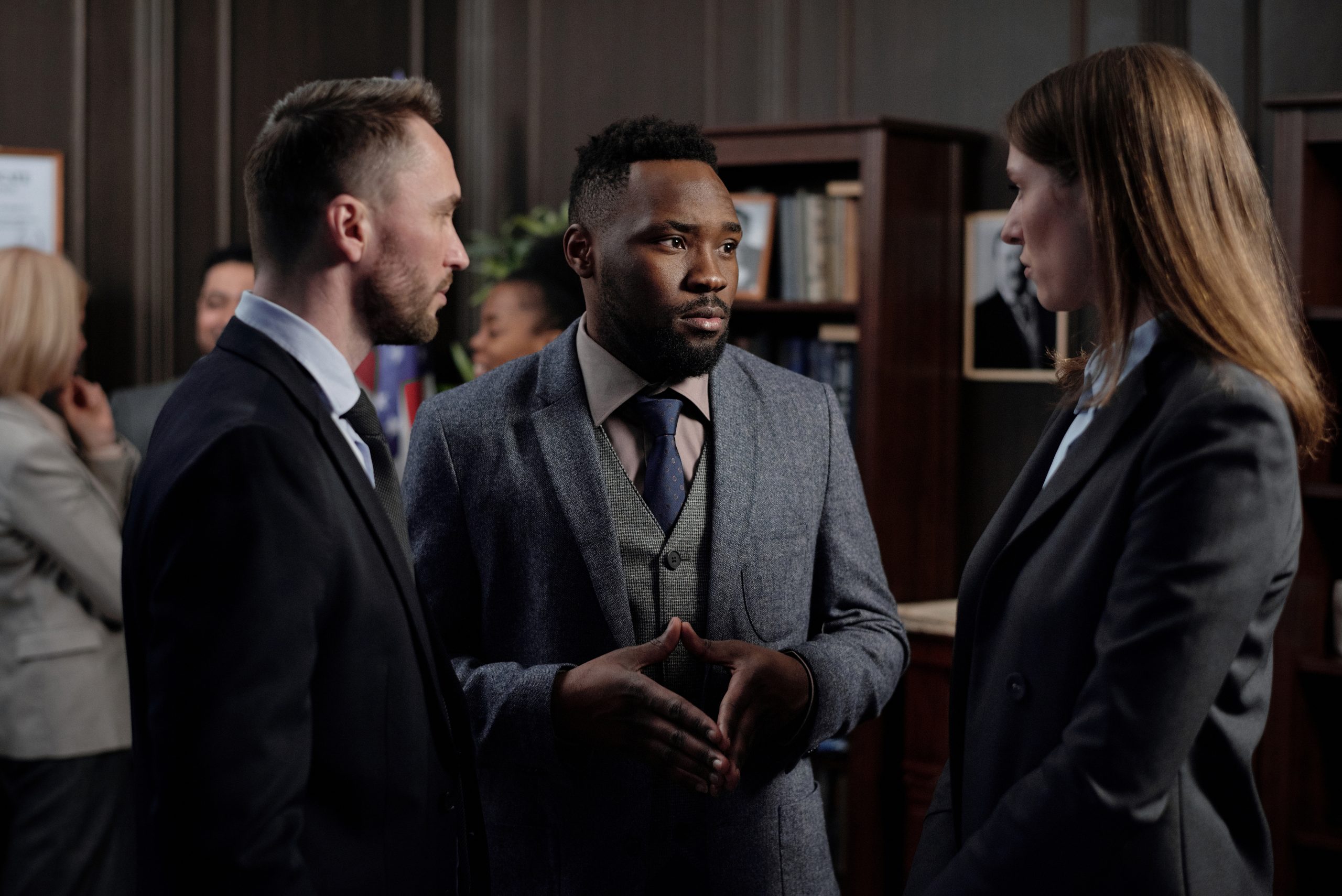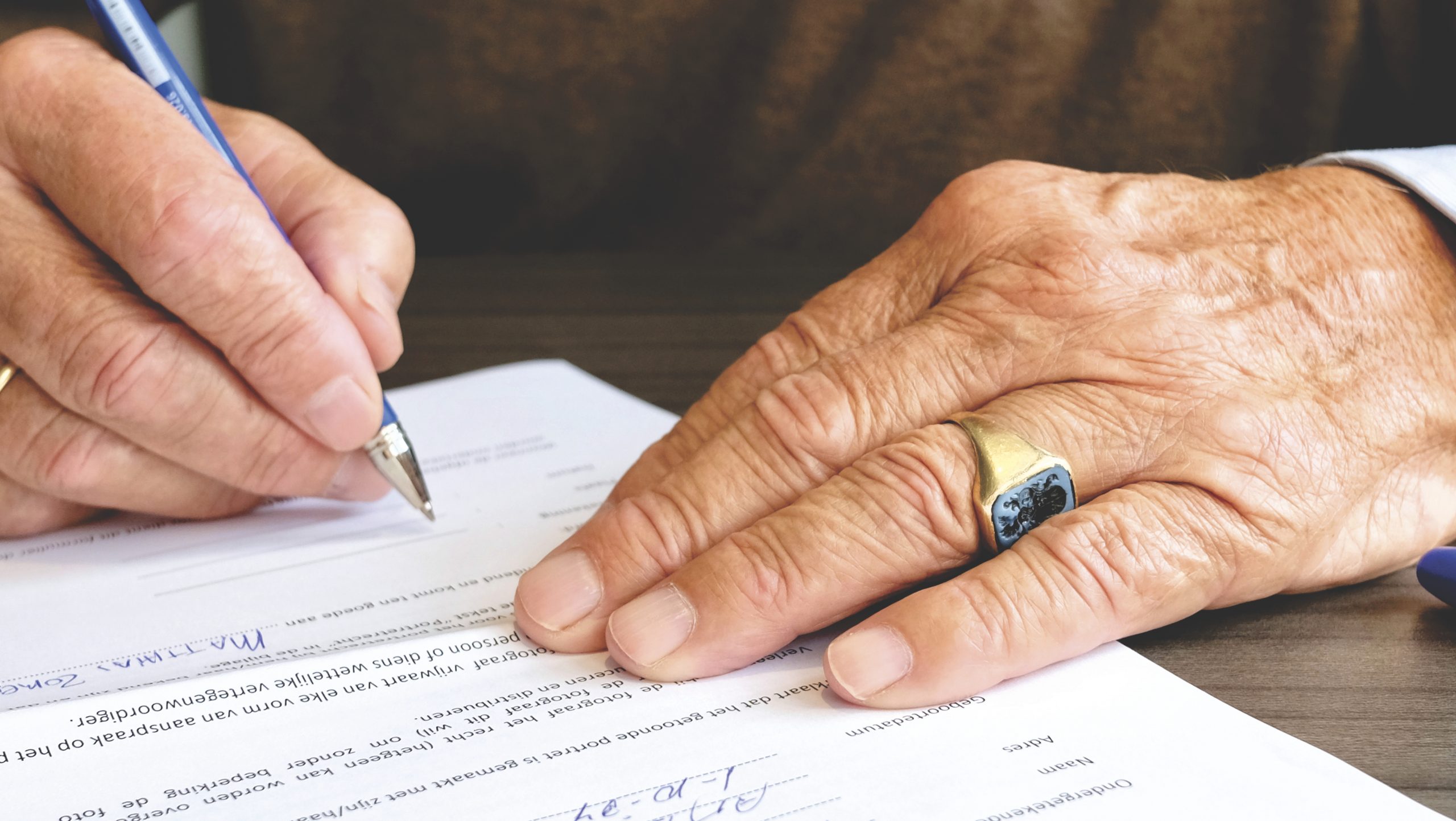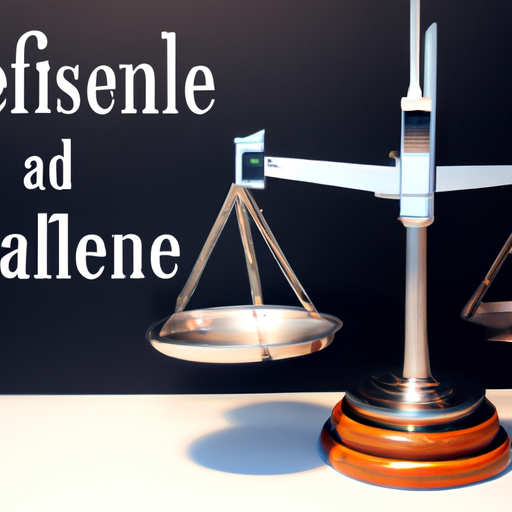As an individual facing criminal charges, it is crucial to understand the importance of criminal defense evidence. This article aims to provide a comprehensive overview of the subject, addressing common concerns and questions one may have. By delving into the topic of criminal defense evidence, we will explore its relevance in legal proceedings and its impact on the outcome of a case. Through engaging case studies and real-life scenarios, this article will showcase the expertise and experience of our lawyer, setting them apart from others in the field. By the end of this article, you will have a solid understanding of criminal defense evidence and be equipped to take the next step in seeking professional assistance with your case.
Understanding Criminal Defense Evidence
Criminal defense evidence plays a crucial role in the legal system as it helps determine the guilt or innocence of a defendant. Whether you are facing criminal charges or representing someone who is, understanding the different types of evidence and their importance is essential. In this article, we will explore the various types of criminal defense evidence, including physical evidence, documentary evidence, eyewitness testimony, expert testimony, alibi evidence, character evidence, video/audio evidence, and digital evidence. By familiarizing yourself with these types, you can navigate the complexities of criminal defense cases with confidence.
Physical Evidence
Definition of Physical Evidence
Physical evidence refers to tangible objects or materials that are presented in court to support or refute a criminal charge. This type of evidence can include weapons, clothing, fingerprints, DNA samples, and any other physical item that is relevant to the case.
Importance of Physical Evidence in Criminal Defense
Physical evidence is highly valuable in criminal defense cases as it provides concrete proof that can either support the defendant’s version of events or undermine the prosecution’s claims. Physical evidence is often considered more reliable than testimonial evidence, as it is not influenced by bias or faulty memory.
Examples of Physical Evidence
Examples of physical evidence include fingerprints found at the scene of a crime, weapons used in the commission of a crime, DNA samples that prove or disprove the presence of the defendant, or surveillance footage that captures the defendant’s actions. These types of evidence can significantly impact the outcome of a criminal defense case.

Documentary Evidence
Definition of Documentary Evidence
Documentary evidence refers to written or printed materials that are presented in court as evidence. This can include contracts, emails, financial records, photographs, or any other form of documentation that is relevant to the case.
Importance of Documentary Evidence in Criminal Defense
Documentary evidence is essential in criminal defense cases as it helps establish facts, timelines, and corroborates or refutes witness testimony. It provides a tangible record of events that can substantiate the defendant’s claims or weaken the prosecution’s case.
Examples of Documentary Evidence
Examples of documentary evidence include contracts that demonstrate the defendant’s innocence or lack of involvement in the alleged crime, financial records that prove the defendant’s inability to commit a crime, photographs that support the defendant’s version of events, or emails that provide an alternative explanation for the accused individual’s actions.
Eyewitness Testimony
Definition of Eyewitness Testimony
Eyewitness testimony refers to the oral account provided by individuals who have observed a crime or its aftermath. Eyewitness testimony is often considered powerful evidence as it provides firsthand information about the alleged crime.
Importance of Eyewitness Testimony in Criminal Defense
Eyewitness testimony can be crucial in criminal defense cases as it can corroborate the defendant’s version of events or raise doubts about the accuracy of the prosecution’s claims. Eyewitnesses can provide important details, identify suspects, or provide an alternative perspective.
Challenges with Eyewitness Testimony
While eyewitness testimony can be compelling, it is not foolproof. Witnesses may have faulty memories, be influenced by suggestion or bias, or simply make mistakes. Factors such as stress, trauma, or the passage of time can impact the accuracy and reliability of eyewitness testimony. Therefore, it is important to carefully evaluate and corroborate eyewitness accounts with other types of evidence.

Expert Testimony
Definition of Expert Testimony
Expert testimony involves the testimony of individuals who are qualified by their professional background, education, or specialized knowledge to provide opinions or interpretations to the court. These experts can offer insights, analyses, or explanations that assist the court in understanding complex scientific, technical, or professional matters.
Importance of Expert Testimony in Criminal Defense
Expert testimony is highly valuable in criminal defense cases as it helps explain complex scientific or technical concepts to the court and jury. Experts can provide alternative explanations, challenge the prosecution’s theories, or dispute the validity of certain evidence.
Types of Experts for Criminal Defense Cases
There are various types of experts that can be called upon in criminal defense cases, depending on the nature of the alleged crime. Examples include forensic experts, medical professionals, psychologists, forensic accountants, or computer forensic experts. These experts bring their specialized knowledge to bear on the case, helping to present a comprehensive defense.
Alibi Evidence
Definition of Alibi Evidence
Alibi evidence involves presenting evidence to show that the defendant was in a different location at the time the crime was committed. This evidence is used to establish that the defendant could not have been present at the scene of the crime.
Importance of Alibi Evidence in Criminal Defense
Alibi evidence is crucial in criminal defense cases as it directly challenges the prosecution’s claim of the defendant’s involvement in the crime. By providing evidence of an alibi, the defense can create reasonable doubt and undermine the prosecution’s case.
How to Establish an Alibi
To establish an alibi, the defense can present various types of evidence, such as witnesses who can testify to the defendant’s presence elsewhere, CCTV footage showing the defendant at a different location, or records of transactions or activities that can place the defendant away from the scene of the crime.
Character Evidence
Definition of Character Evidence
Character evidence involves presenting evidence related to the defendant’s character or reputation. This evidence can either show that the defendant is of good character, making it unlikely that they would commit the alleged crime, or that the defendant has a poor character, making them more likely to have committed the crime.
Importance of Character Evidence in Criminal Defense
Character evidence is important in criminal defense cases as it can offer insights into the defendant’s behavior and credibility. It can help establish the defendant’s innocence by presenting evidence of their good character, making it less likely that they would have committed the alleged crime.
Rules for Admissibility of Character Evidence
The admissibility of character evidence varies depending on jurisdiction and the specific circumstances of the case. Generally, character evidence is only admissible in certain situations, such as when the defendant’s character is directly relevant to the crime charged or when the defendant’s character has been attacked by the prosecution.
Video/Audio Evidence
Definition of Video/Audio Evidence
Video/audio evidence refers to recordings of visual or audio information that are presented in court to support or refute a criminal charge. This can include surveillance footage, recorded conversations, or any other form of audiovisual material that is relevant to the case.
Importance of Video/Audio Evidence in Criminal Defense
Video/audio evidence is highly valuable in criminal defense cases as it provides objective and unbiased recordings of events that can either support the defendant’s version of events or contradict the prosecution’s claims. This type of evidence can provide a clear and accurate account of what transpired, making it highly influential in the courtroom.
Challenges with Video/Audio Evidence
While video/audio evidence can be compelling, it is not without its challenges. Issues such as the quality of the recording, potential edits or alterations, or the context in which the recording was made can all impact the weight and admissibility of this type of evidence. It is important to carefully analyze and authenticate video/audio evidence to ensure its reliability and integrity.

Digital Evidence
Definition of Digital Evidence
Digital evidence refers to any form of electronic data that is presented in court as evidence. This can include emails, text messages, social media posts, computer files, or any other digital information that is relevant to the case.
Importance of Digital Evidence in Criminal Defense
Digital evidence plays a critical role in modern criminal defense cases as much of our lives are now conducted online. This type of evidence can establish timelines, locations, communications, or provide a digital fingerprint that can corroborate or challenge the prosecution’s case.
Types of Digital Evidence
Examples of digital evidence include emails or text messages that provide an alternative narrative, GPS data that proves the defendant’s location or movements, social media posts that contradict the prosecution’s claims, or computer files that demonstrate the defendant’s innocence. The breadth of digital evidence is vast and continually evolving with advancements in technology.
Frequently Asked Questions
What is the role of evidence in a criminal defense case?
Evidence plays a crucial role in a criminal defense case as it is used to establish the truth or falsehood of the allegations. It helps provide an objective account of events and allows the court and jury to make an informed decision based on the available facts.
Can criminal defense evidence be challenged?
Yes, criminal defense evidence can be challenged. The defense has the right to challenge the admissibility, authenticity, relevance, or reliability of the evidence presented by the prosecution. This can be done through legal arguments, expert testimony, or cross-examination of witnesses.
What happens if the evidence is illegally obtained?
If the evidence is illegally obtained, it may be deemed inadmissible in court. The exclusionary rule prevents illegally obtained evidence from being used against the defendant, as it violates their constitutional rights. However, the specific rules surrounding illegally obtained evidence may vary depending on jurisdiction and the circumstances of the case.
How do I find the best criminal defense lawyer for my case?
Finding the best criminal defense lawyer for your case requires research and careful consideration. Look for attorneys with experience in criminal defense, particularly in the specific area of law relevant to your case. Read reviews, seek recommendations, and schedule consultations to assess their knowledge, expertise, and compatibility with your needs.
Is it possible to win a criminal defense case without strong evidence?
While strong evidence can greatly improve the chances of winning a criminal defense case, it is not the sole determining factor. A skilled criminal defense attorney can leverage other legal strategies, challenge the prosecution’s case, undermine witnesses’ credibility, or raise reasonable doubt to secure a favorable outcome even in the absence of overwhelmingly strong evidence. Each case is unique, and the effectiveness of the defense strategy will depend on the specific circumstances.



